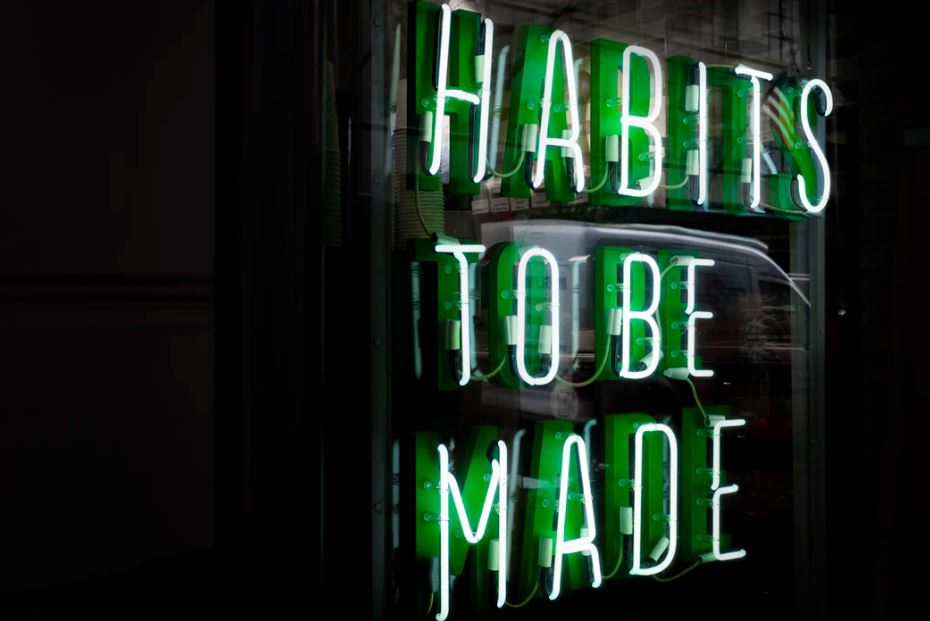“Would you like me to give you a formula for success? It’s quite simple, really. Double your rate of failure.” -Thomas Watson, CEO IBM
Today’s BIG IDEA: Research shows that the most successful people have a fundamentally different mindset toward failure. They are determined to learn and grow from every mistake. In fact, mistakes are the only way you can gather the information required to move forward and achieve greater results.
Most people have heard of the Wright Brothers, but I’ll be willing to bet you haven’t heard of Samuel P. Langley. Dr. Langley was a decorated professor of physics and mathematics, and president of the Smithsonian Institute. In 1898, he was given $50,000 dollars by the US War Department, and we should know him as the man who invented flight.
In 1903, Langley made several very public attempts at flight that failed miserably. And after being utterly humiliated by the New York Times, he gave up on his dream in an attempt to save his reputation.
Only days later, history was written when the Wright brothers succeeded where the esteemed professor had failed.
The difference between Langley and the Wright brothers was this—a fundamental attitude of experimentation and an unyielding commitment to learn from every failure.
Langley’s ego went into self-preservation mode, and he was crippled by fear and shame. This prevented him from reaching his true potential.
The Inner Critic
When I consider changing anything in my life, something happens—I begin to hear a critical inner voice that warns me of all the things that could go wrong. (For more information on this, see my posts on Saboteurs).
The job of your internal saboteurs is simple and insidious—preserve the status quo and prevent change.
The saboteurs tell you that they are just keeping you safe from emotional harm.
I am a perfectionist by nature, so I’ll be honest—I hate making mistakes. But trying to avoid failure or do things perfectly the first time—has greatly handicapped me.
The strange truth is that the most talented people are often not the most successful.
Many of the most successful people are moderately talented people who are extremely committed to training, taking more risks, and learning from every mistake.
They have learned to turn down the volume on their inner critic.
Routines are great, but can sometimes prevent growth
Most of us can get very comfortable in our routines.
According to habit expert Charles Duhigg, once we do anything enough times, the decision-making part of our brain actually goes to sleep and we go on autopilot. That is why you can daydream while brushing your teeth or driving.
If we don’t consciously step back, re-evaluate, and change those routines when they no longer serve us, we run the risk of staying in ruts for years, or worse—for life!
Autopilot and avoidance of failure work together as the killer 2-punch combo to keep you stuck.
Here is a simple cue you can use to get unstuck—Action cures fear.
Psychologists have known for years that when we avoid something, we often build it up in our mind to be much worse than it really is. That is why the primary treatment for phobias is graded exposure therapy—exposing you to the very thing you are afraid of over and over again until you become desensitized.
Another way of looking at it—You cannot steer a parked car.
You need to get into motion. Once you get further into your journey, you will see obstacles you could not have predicted, which will give you more information for how to best proceed.
By all means, have a plan—but don’t let the fear of failure keep you from taking any action.
A rule that has helped me—get 80% of your plan, then launch.
“A good plan violently executed now is better than the perfect plan next week.” –General Patton
When you get moving, you generate new learning from the obstacles you encounter, which will enable you to course correct faster.
Research from Stanford
In her groundbreaking book Mindset—psychologist and Stanford professor Carol Dweck breaks down her research between those that grow in life, and the people that get stuck and repeat the same mistakes for decades.
Here is a brief summary of her 40 years of research on this topic:
| Fixed Mindset People | Growth Mindset People |
| -Avoid challenges | -Embrace obstacles |
| -Give up easily | -Build endurance through setbacks |
| -See effort and planning as fruitless | -See effort and mistakes as the only path to success |
| -Ignore critical feedback in life | -Learn from their critics |
|
-Feel threatened by the success of others
|
-Draw inspiration and energy from the success of others |
| *These people never reach their true potential, and as a result feel that the poor hand they were dealt in life explains their lack of success. |
*These people continue to grow and learn until they die! They reach ever-greater levels of success because they believe that learning is its own form of success. They believe that luck is usually created through experimentation and hard work.
|
Turn information into action
- Personal application. Take a brutally honest look at an area of your life that isn’t working. Then experiment with a different way of doing something in that situation. Disrupt the pattern. Tell yourself that experimentation is the only way forward, and then write down what you learned.
- Memorize this mantra—Sometimes You Win, Sometimes You Learn. It’s only a real failure if you choose not to learn anything from it.
- Application to parenting. Help your kids embrace an experimental and failing forward mindset. It might be one of the most important skills you ever teach them in life. Do it this weekend through a sport or difficult task, then talk to them about this topic. Try to keep the perspective that everything is a learning opportunity for children. Model in your household that learning from everything is a central purpose of life.
- Application to your team and work culture. Many companies accidentally create a culture where experimentation and mistakes are not acceptable. These companies cannot evolve because they seldom try new things or embrace learning from mistakes. If you lead a team, you must look at the emotional way you react when your team makes a mistake because you might be unwittingly creating a culture where you discourage people from admitting errors or bringing you information.
- Extra Credit—Actually seek out something this week you think you will fail at and note your learning!
Have a great weekend!
Parker
*If you have enjoyed Parker’s blog, check out The Next Peak Podcast that Parker co-hosts. We interview successful leaders and discuss research-based principles that help people win in the workplace without compromising the things that matter most—relationships, a life of purpose, and health.
Suggested Resources
- Failing Forward—John Maxwell
- Designing Your Life—Burnett & Evans
- Mindset—Carol Dweck




